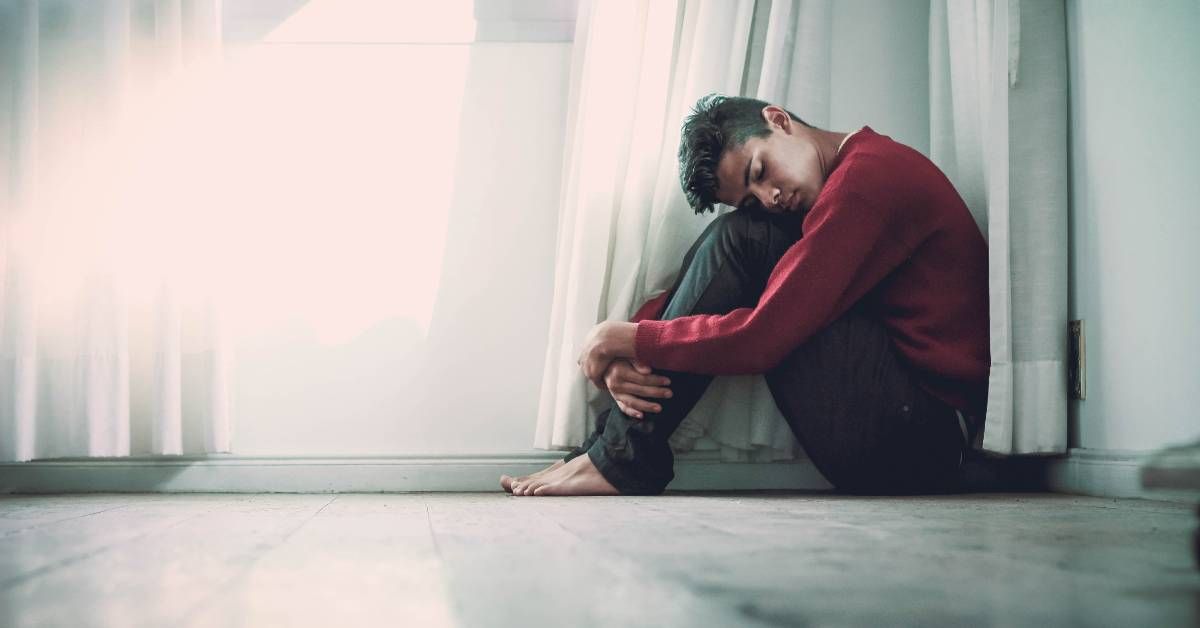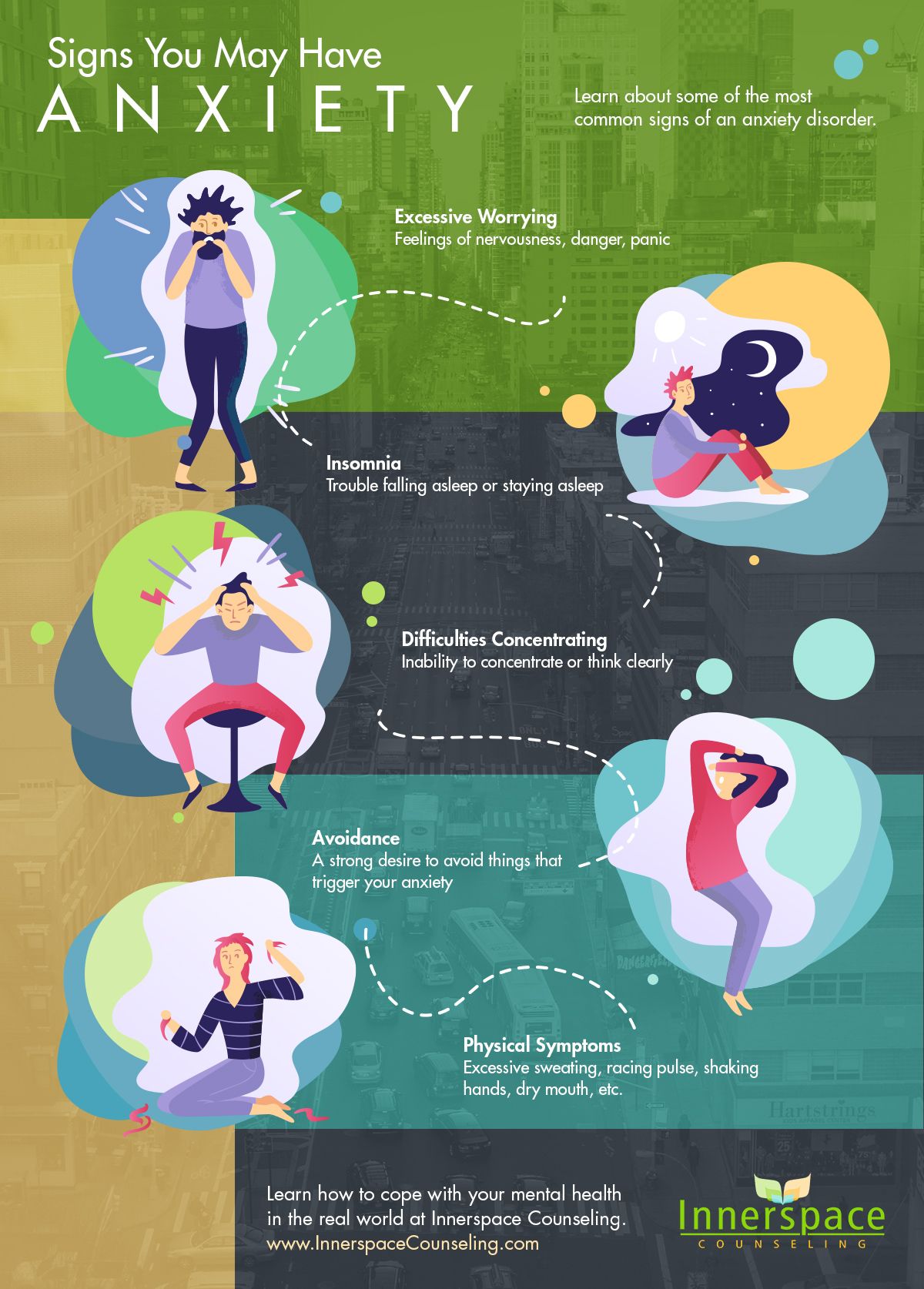Anxiety is a common mental disorder that affects approximately 18.1% of the population every year, according to the Anxiety and Depression Association of America. Unfortunately, only 37% of those who struggle with anxiety receive treatment. Of the remaining 63%, some people may not have the means to seek the treatment they need, and others may not even realize that what they are feeling is an anxiety disorder. In today’s post, we will discuss some of the most common signs of an anxiety disorder to help you or someone you know determine if you’re struggling with anxiety.
At Innerspace Counseling, we are proud to provide expert counseling services to children, teens, and adults in Old Bridge and the surrounding area. Our unique program is designed to help those struggling with a variety of mental health conditions who need a more advanced level of therapy than that offered in a traditional therapy setting. Explore our website to learn more about the programs we offer, and give us a call to request a consultation!



